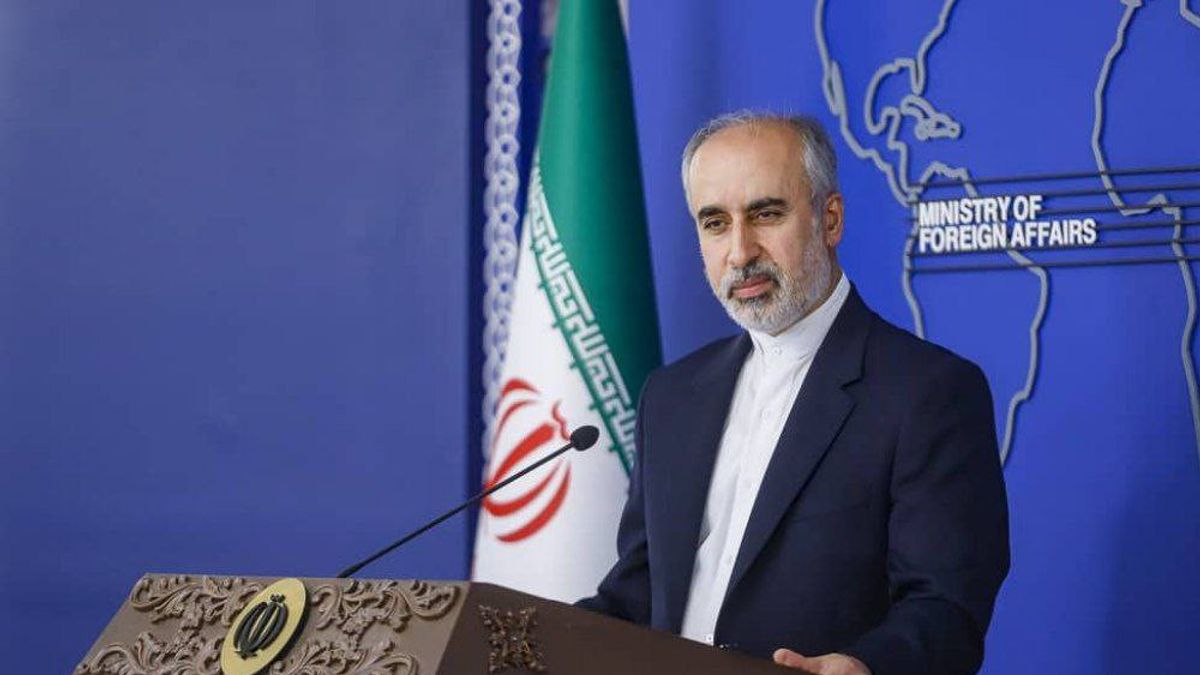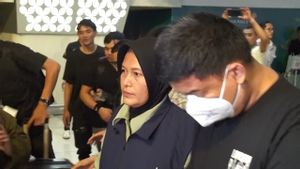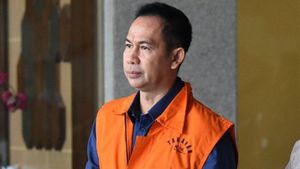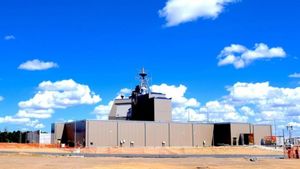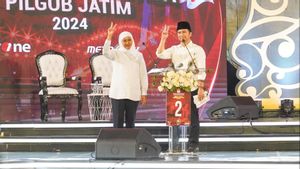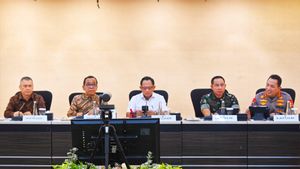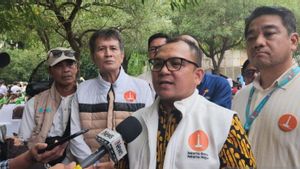JAKARTA - Iran will reopen its diplomatic mission in Saudi Arabia this week, a spokesman for Iran's Foreign Ministry said on Monday, months after Tehran and Riyadh agreed to end years of hostilities under a deal brokered by China.
In March, Iran and Saudi Arabia agreed to rebuild relations between rival regional rivals who had threatened stability and security in the Middle East, helping to ignite the regional conflict from Yemen to Syria.
"To implement this agreement..., the Iranian Embassy in Riyadh, our Consulate General in Jeddah and our offices in the Organization of Islamic Cooperation will officially reopen on Tuesdays and Wednesdays," said spokesman Nasser Miki. June 6th.
He said the embassy and consulate had begun operations to facilitate pilgrims and now they would be "officially reopened with the presence of foreign ministry officials of the two countries," as quoted by Al Jazeera.
Last month, Tehran appointed Alireza Enayati as its ambassador to Saudi Arabia. On the other hand, there is still no official confirmation of when the Saudi Arabian Embassy in Tehran or the royal consulate in Mashhad will officially reopen, as well as who the appointed diplomat is.
Long before, Saudi Arabia had cut ties in 2016, after its embassy in Tehran was invaded in a dispute over the execution of the death of a Shi'ah cleric ruled by Riyadh.
The relationship began to worsen a year earlier, after Saudi Arabia and the United Arab Emirates intervened in the Yemen war, in which Iran's allied Houthi movement has ousted the Saudi Arabian-backed government and taken over the capital Sanaa.
Riyadh also accused Tehran of arming the Houthis, which then attacked Saudi cities with armed drones and ballistic missiles.
VOIR éGALEMENT:
In 2019, the kingdom blamed the attack on the Aramco oil facility, which temporarily crippled half of its oil production, directly on Iran. Tehran denies the allegations.
It is known, since the agreement between the two countries in March, countries in the region have also followed Saudi Arabia's steps to normalize relations with Syria and its president, Bashar al-Assad, who has been ostracized after his crackdown on the 2011 protests, which resulted in a decade-long civil war.
The English, Chinese, Japanese, Arabic, and French versions are automatically generated by the AI. So there may still be inaccuracies in translating, please always see Indonesian as our main language. (system supported by DigitalSiber.id)
